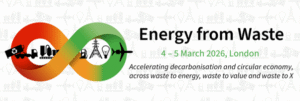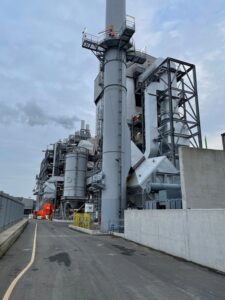Having recently won a number of significant power plant performance upgrade projects, RJM announces today that it is currently working on power plants across South-East Asia and Australia.
For these plants which have a combined output in excess of 10,000MW, RJM is delivering a range of innovative products, services and performance solutions to help them meet the latest emissions legislation, improve combustion performance, improve fuel flexibility and enhance operational reliability and efficiency.
Most South-East Asian countries have committed to reduce the intensity of their carbon emissions and fully decarbonise by 2050. The work RJM is doing in these countries is supporting this drive to decarbonisation, through making coal-fired power plants operate more efficiently and also through exploring how power plants can be converted to co-fire biomass with coal, both of which reduce carbon emissions.
In Australia, as the continent adopts its Net Zero Plan, the immediate requirement for power plants is to meet the forthcoming tightening up of NOx emissions while maintaining combustion performance, and RJM will be applying its proven low NOx technologies to facilitate this reduction in NOx emissions.
Commenting on these major successes in Asia-Pacific, John Goldring, Managing Director of RJM International said, “The projects that we are winning across the region confirm our commitment to delivering the energy transition and our capability to work with generators – no matter what the fuel, the firing technology or the size of the plant.
“We are confident that our innovative approach to solving complex combustion and emissions challenges is just as relevant to other power plants in Asia-Pacific as they seek to improve performance, meet tightening emissions regulations and deliver on their decarbonisation strategies.
“Whilst much of the focus in the energy sector today is rightly on renewables – which RJM is promoting and contributing to – all these countries need to maintain an efficient and versatile thermal-fired generation capability to deliver reliable baseload power that is clean and affordable during this important energy transition to cleaner energy supplies,” he confirmed.
Back To News & Events


